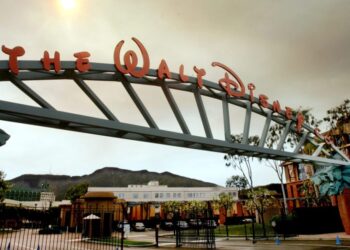The global financial forecasts for this year may be murky, but investment banks say the weather’s warm and the skies are clear for dealmaking in middle market-heavy Los Angeles.
Cities with the highest concentrations of Fortune 500 companies are facing the roughest edges of the impending recession, according to Lloyd Greif, president and chief executive of the downtown investment bank Greif & Co. Los Angeles, on the other hand, is somewhat paradoxically poised to benefit from local and state policies that pushed those companies out of the state.
“The tax environment of the state of California has chased away all of those major companies and fast-growing businesses, and what was left was the middle market,” said Greif, noting that Los Angeles is home to only five Fortune 500 companies. It ranks behind not just Fortune 500 leading cities like New York and Chicago, but smaller hub cities such as Denver and Dallas.
Missing out on the business and opportunities that come with those companies has its obvious downsides, but Greif said staying out of the global “big company” spotlight has its advantages, too, particularly during periods of financial famine.
“Having been in the financial services industry in Los Angeles for over four decades, I’ve ridden through multiple recessions and seen both the good times and the bad times. In my experience, the bad times are typically fleeting, while the good times last a lot longer,” said Greif. “There are a few problems working their way through the industry, but I wouldn’t say the sky is falling. Middle market companies tend to be fleeter of foot and, depending upon the industry, are more recession resistant.”
That’s owed not just to the city’s middle-market leadership status, but also the diversity of industries throughout Southern California, Greif said. He contrasted it with finance-stacked New York and tech-reliant San Francisco, which win or lose based on the strength of their industries.
“When…
Read the full article here






